Credit Counseling

What Is Credit Counseling?
When you go to a Credit Counseling agency for help, they will design a reorganization plan to pay your debts. The credit counselor will ask for your account information and based on your creditors and balances, they will base your monthly payment on pre-determined minimum payments and interest rates that each creditor will accept.
If accepted into a Consumer Credit Counseling program, all your accounts are closed. You will make a monthly payment to the credit counseling company who will disburse that payment to your creditors proportionately. Unfortunately, sometimes your creditors are not paid by the due date, and you still end up with late and over-the-limit fees.
The creditors who participate in this program agree to compensate the agency a “fair share” contribution based on how much is collected from you each month. In this sense, the counseling organizations are acting as collection agencies for your creditors. The largest of these agencies, the Consumer Credit Counseling Services or CCCS system was founded in 1972 with the sole purpose of recovering debts and keeping consumers from filing bankruptcy. These Credit Counseling agencies are essentially working for the credit card companies.
While you are on the program, your creditors will likely report to the credit bureaus that you are participating in a hardship program which would damage your credit score. This can be reported for up to seven years after you complete their plan.
Also, you shouldn’t be fooled by the term “non-profit”, which makes it sound as if the company is a charitable organization working on your behalf. Although many Credit Counseling companies are non-profit, this does not mean they are not trying to make money. The Consumer Credit Counseling industry is a billion-dollar industry. These “non-profit” companies often pay executives outrageous salaries or in certain instances, independent “non-profit” companies work closely with a second company that collects the fees.
Additionally, many creditors refuse to participate in credit counseling programs, and therefore, some debts may be excluded from the program.

How does Credit Counseling Work?
The benefit of a Debt Management Plan focuses on reducing your interest rates. While you may have a lower consolidated payment compared to your minimum payments, you should not expect significant monthly savings.
It’s important to note that while credit counseling can help you manage your debt and improve your financial situation, it’s not a quick fix. It requires a commitment to a budget and a plan, and it can take several years to pay off significant debt through a DMP. Additionally, not all debts may be eligible for a DMP, such as secured debts like mortgages or auto loans.
Typically, creditors will agree to lower interest rates to the range of 12-20%
Advantages of Credit Counseling
Pros:
- Professional Guidance: Credit counseling provides access to experienced financial counselors who can offer personalized advice and strategies tailored to your specific financial situation.
- Debt Management Plans (DMPs): For those struggling with high-interest credit card debt, a DMP can consolidate multiple debts into a single payment, often with reduced interest rates and waived fees, making it easier to pay down debt over time.
- Financial Education: These programs often include educational resources and workshops that can help improve your financial literacy, covering topics such as budgeting, saving, and understanding credit, which are beneficial for long-term financial health.
- Avoid More Drastic Measures: For some, credit counseling can be an alternative to more severe debt relief options like bankruptcy, which can have a more significant negative impact on your credit score.
- Budgeting Assistance: Counselors work with you to create a realistic budget that accounts for your income, expenses, and debt payments, helping you to live within your means.
Disadvantages of Credit Counseling
Cons:
- Impact on Credit: Participation in a DMP may be noted on your credit report, which some creditors may view negatively. However, the effect is typically less severe than debt settlement or bankruptcy.
- Not a Quick Fix: Credit counseling and DMPs require commitment and can take several years to complete, depending on the amount of debt. It's not a solution for immediate financial relief.
- Fees: While many credit counseling agencies are nonprofit, they may still charge fees for their services, including monthly fees for managing a DMP. It's important to understand all potential fees before enrolling.
- Not Suitable for All Debts: DMPs primarily deal with unsecured debt like credit card debt. They are not suitable for secured debts such as mortgages or auto loans, and may not cover all types of unsecured debts.
- Requires Discipline: Success in a credit counseling program requires adhering to a strict budget and making consistent payments. Falling behind on DMP payments can jeopardize the agreements made with creditors.
- Creditor Participation is Voluntary: Not all creditors may agree to participate in a DMP or offer concessions like lowered interest rates or waived fees, which can affect the effectiveness of the plan.
Is Credit Counseling Right for You?
Need Help navigating the the various debt relief options?
Speak with a Certified Debt Analyst for a free consultation.
Call Today: (877) 336-7008

